Insights
From research papers to the latest from financial institutions and universities to think tank presentations, the list of outstanding thought pieces keeps expanding. We’ve compiled some of our favorites for those interested in learning more about alternative proteins, their place in the global food supply chain, and the potential impact on the world-wide economy.



2025 State of the Air
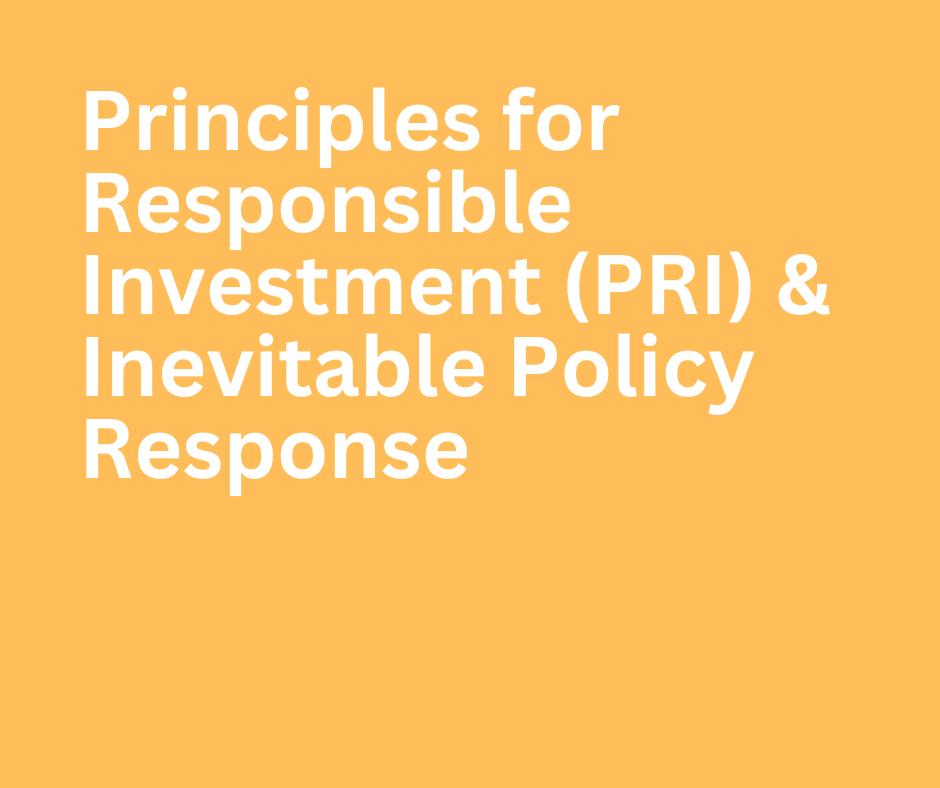
2025 Transition Forecast

Global biodiversity loss from outsourced deforestation

Emissions Gap Report 2024

Novel Entities: A Financial Time Bomb

Planetary Health Check 2024

Transforming the Global Food System: A Philanthropic ROI Analysis

Living Planet Report 2024

Nature Policy Roadmap: Policy Recommendations for Scaling Up Investor Action for Nature
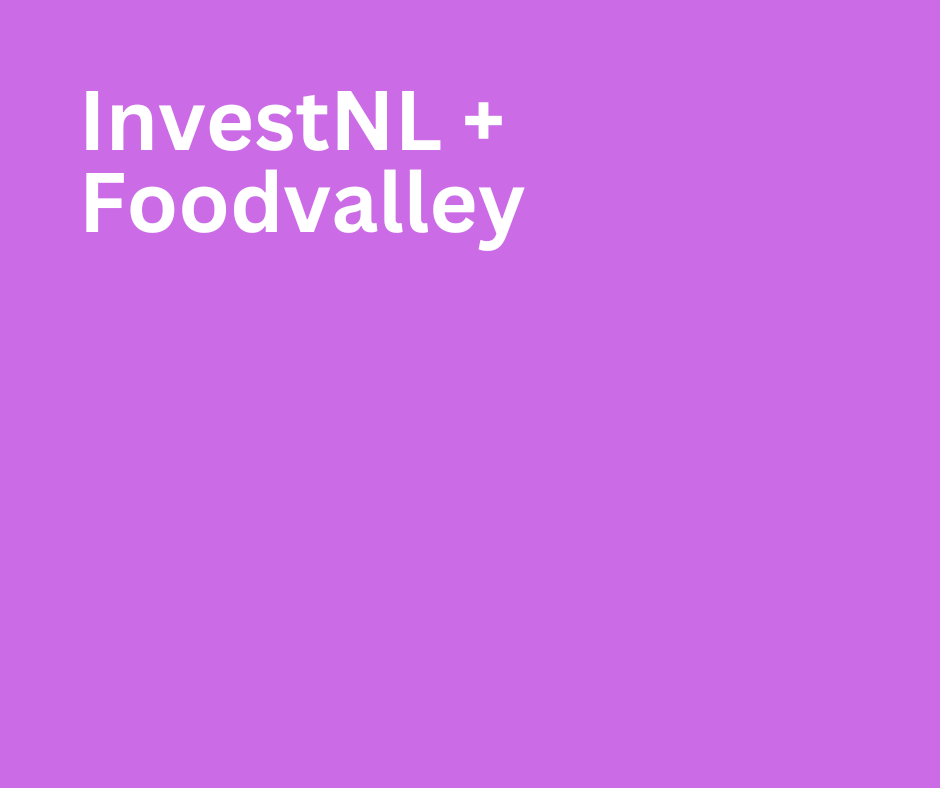
Enhancing the Ecosystem for Alternative Protein Innovation: Strategies for Scaling Success

The New Merchants of Doubt: The corporate playbook by Big Meat and Dairy to distract, delay, and derail climate action
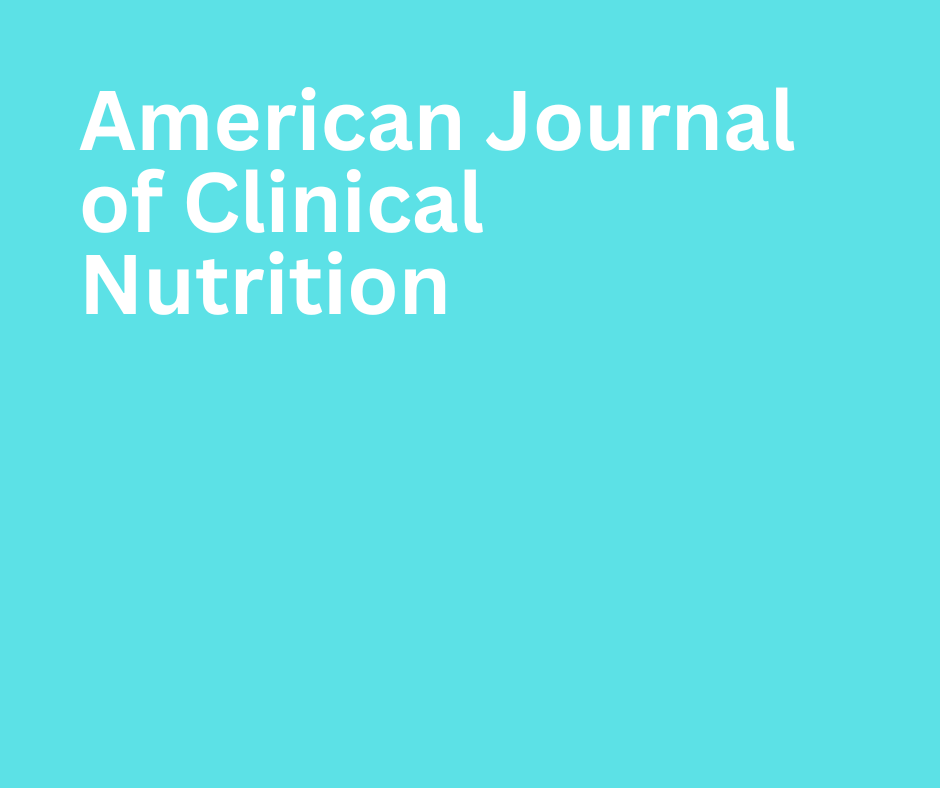
Planetary Health Diet Index and risk of total and cause-specific mortality

Cardiovascular health and cancer risk associated with plant based diets

A new land dividend: the opportunity of alternative proteins in Europe

Recipe for a Livable Planet: Achieving Net Zero Emissions in the Agrifood System
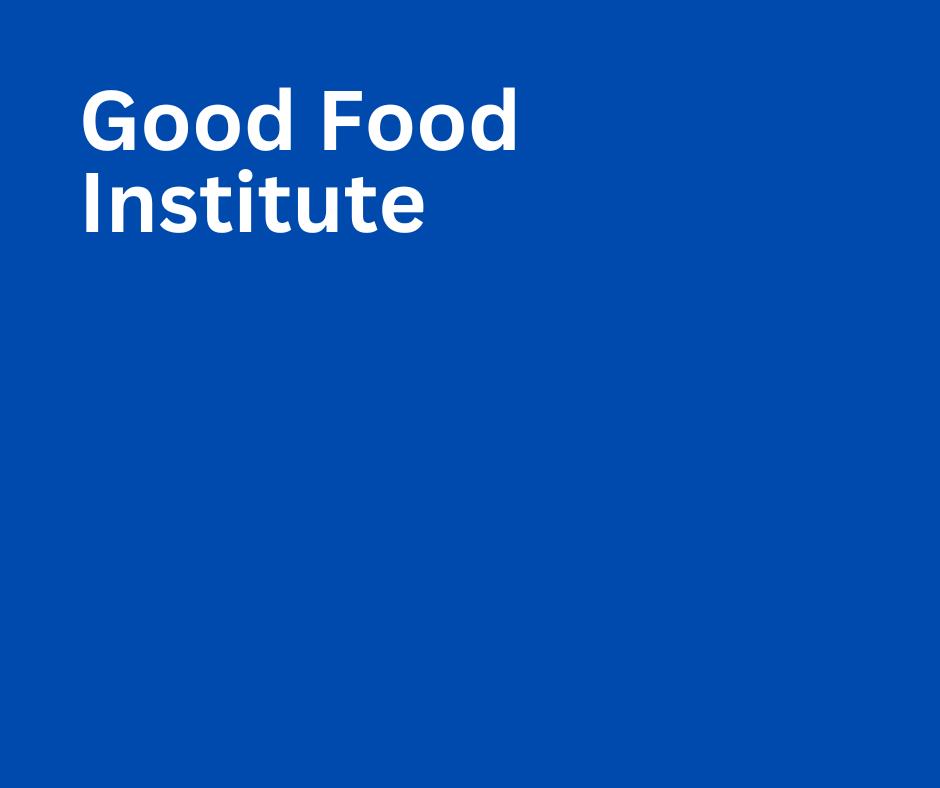
2023 State of the Industry Reports

FAO’s 1.5 °C roadmap for food systems falls short

Worldwide trends in underweight and obesity
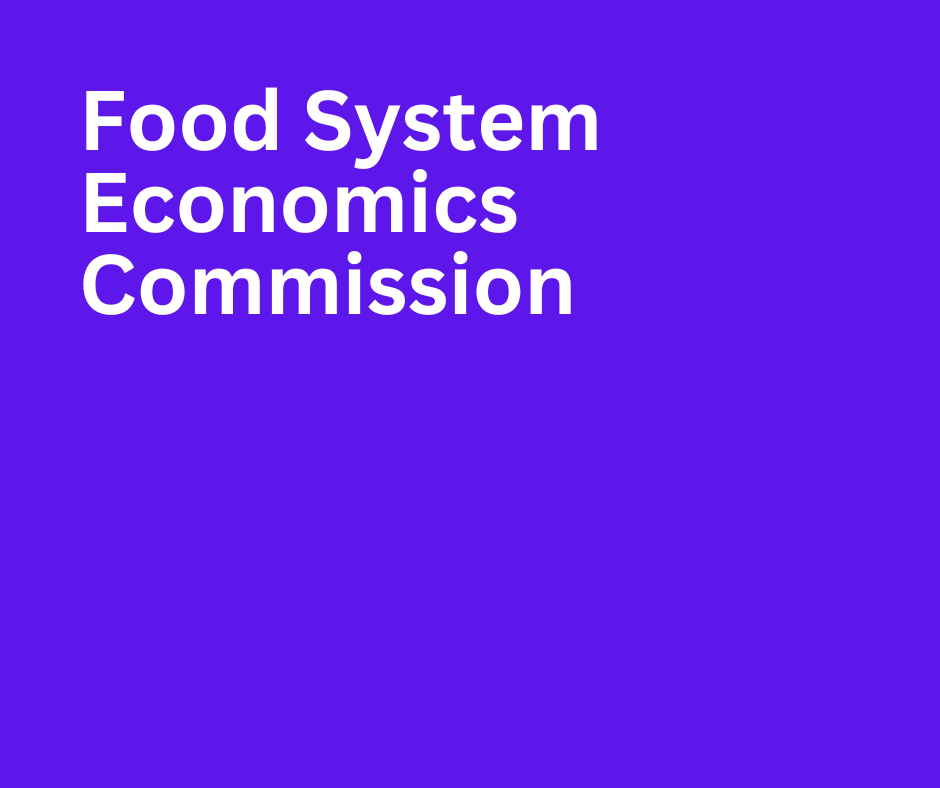
Global Policy Report: The Economics of the Food System Transformation

Critical transitions in the Amazon forest system

Rapid groundwater decline and some cases of recovery in aquifers globally

Exposure of U.S. adults to microplastics from commonly-consumed proteins

Processing the discourse over plant-based meat
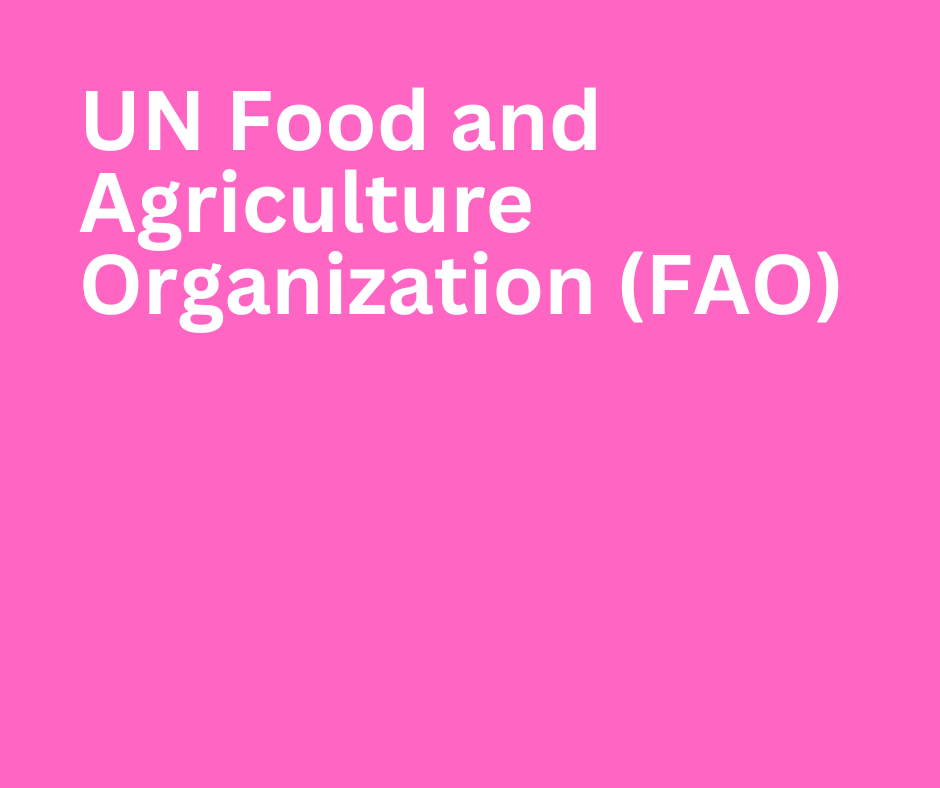
The State of Food and Agriculture 2023

The state of food systems worldwide in the countdown to 2030

Carbon opportunity cost increases carbon footprint of grain-finished beef

What’s Cooking? An assessment of potential impacts of selected novel alternatives to conventional animal products
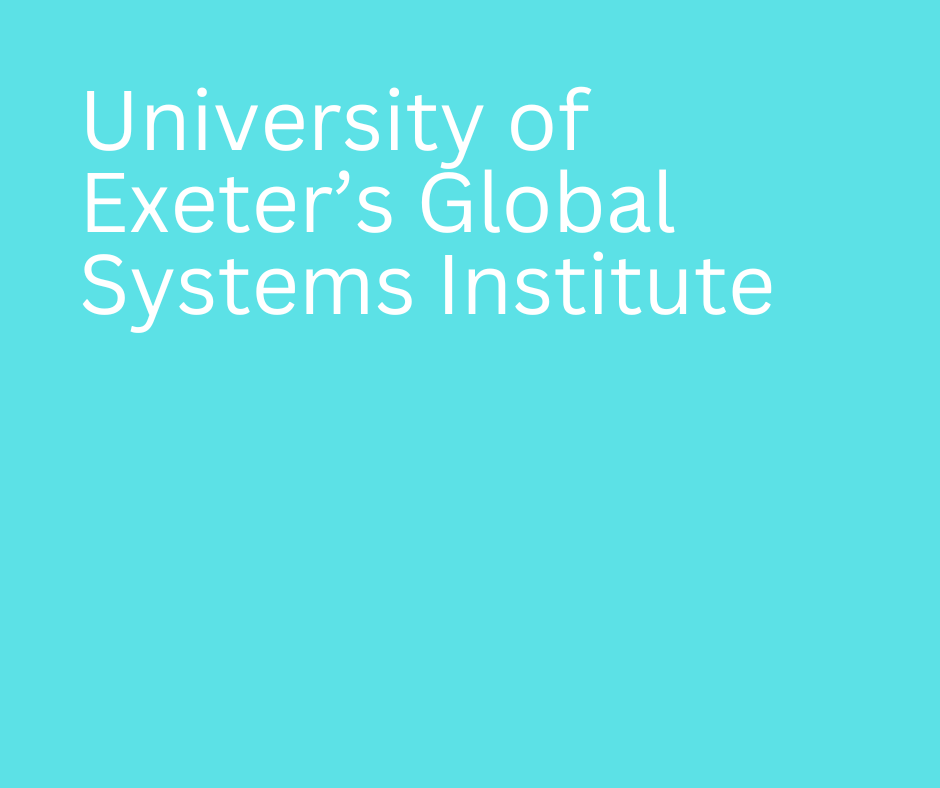
Global Tipping Points
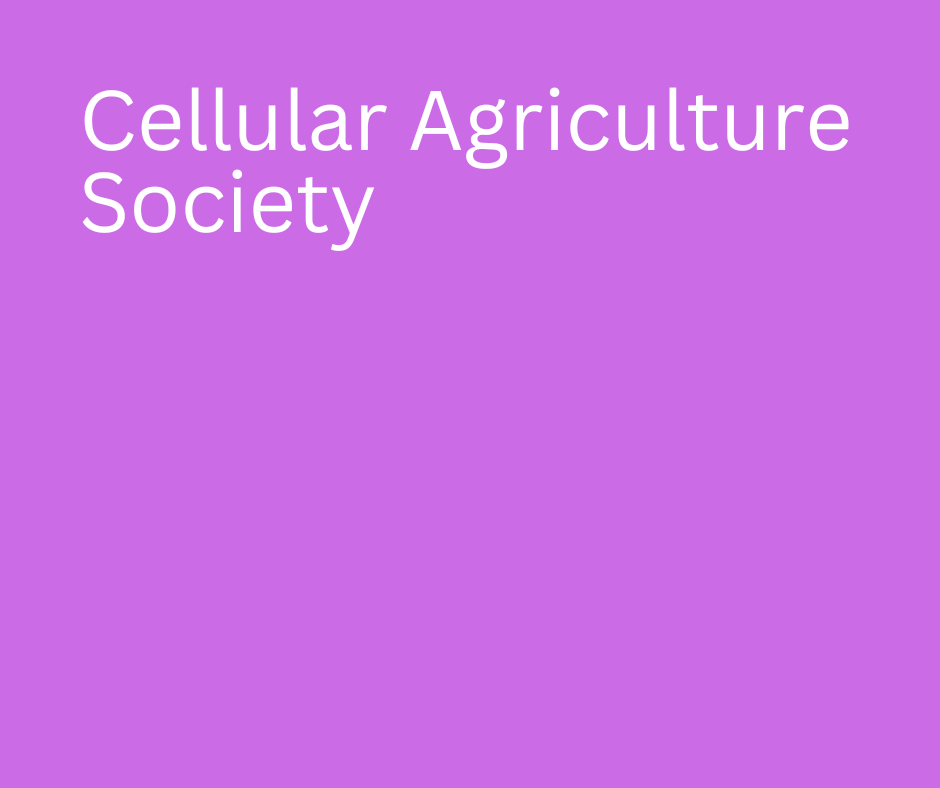
Modern Meat

Broken Record: Temperatures hit new highs, yet world fails to cut emissions (again)
Nitrogen fertiliser production outstrips global needs and exceeds planetary boundaries by factor of two

Countdown on health and climate change: the imperative for a health-centred response in a world facing irreversible harms

The global and regional air quality impacts of dietary change

The Imperative of Cutting Methane from Fossil Fuels

Feeding climate and biodiversity goals with novel plant-based meat and milk alternatives

Securing a just transition to healthy, environmentally sustainable diets for all

Earlier collapse of Anthropocene ecosystems driven by multiple faster and noisier drivers
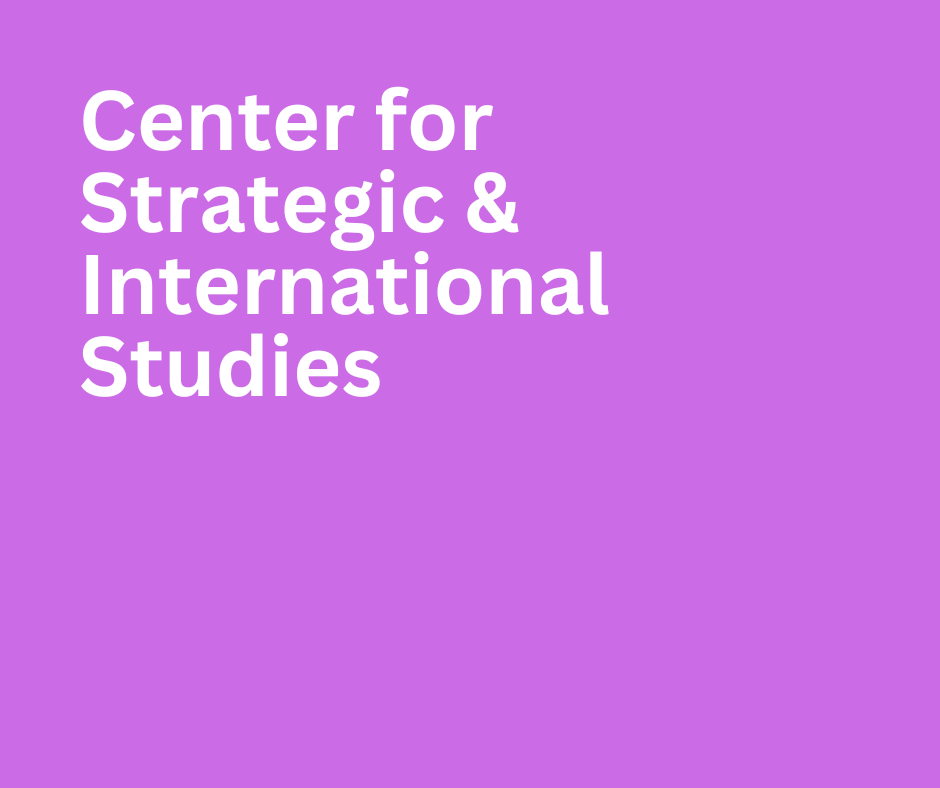
Mitigating Risk and Capturing Opportunity: The Future of Alternative Proteins

Reducing Methane Emissions in the Global Food System

Synthesis Report of the Sixth Assessment Report
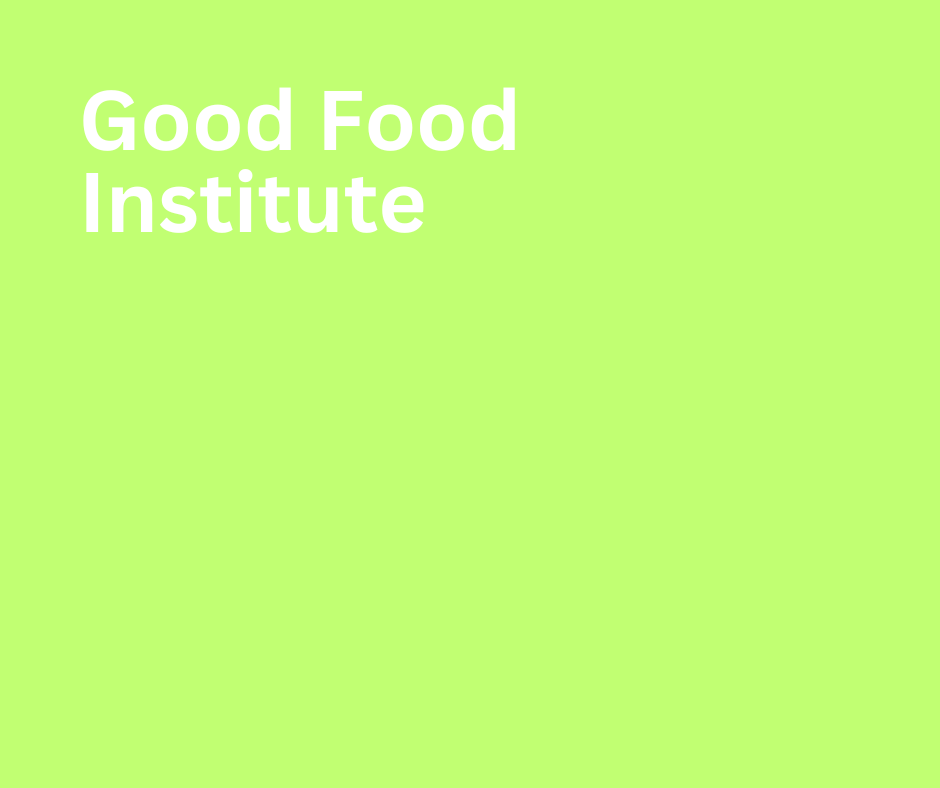
2022 State of the Industry: Plant-Based
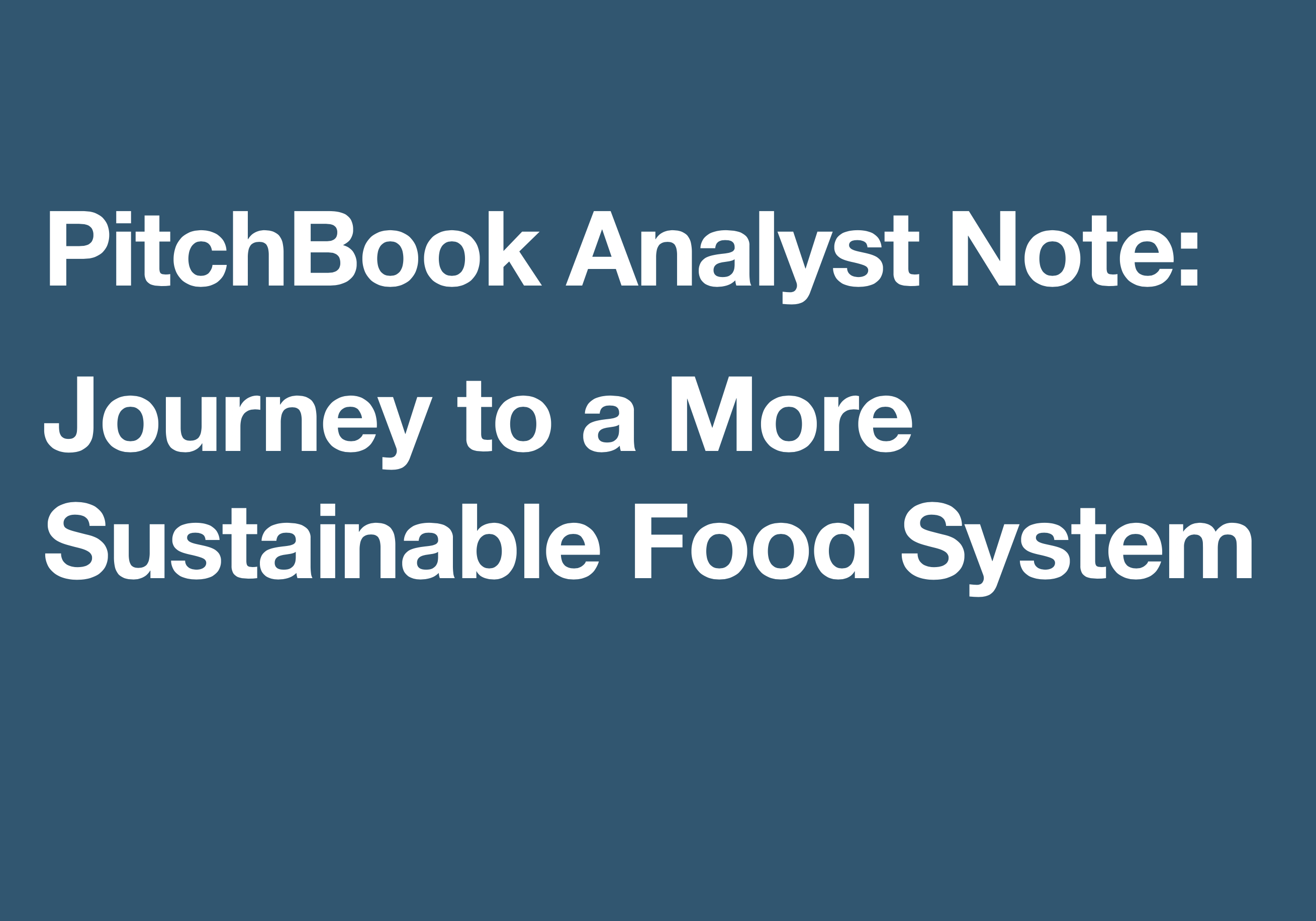
Journey to a More Sustainable Food System
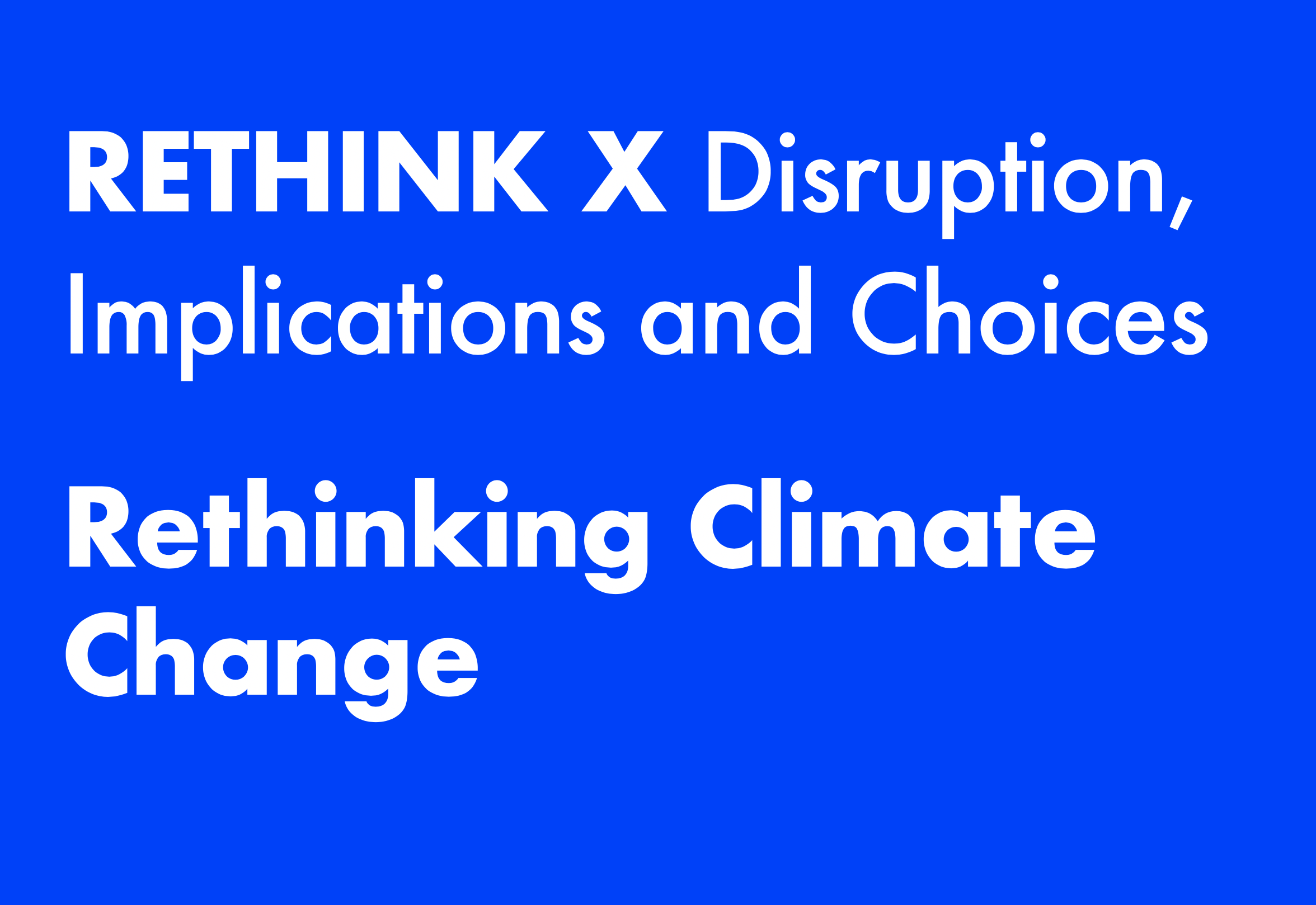
Rethinking Climate Change
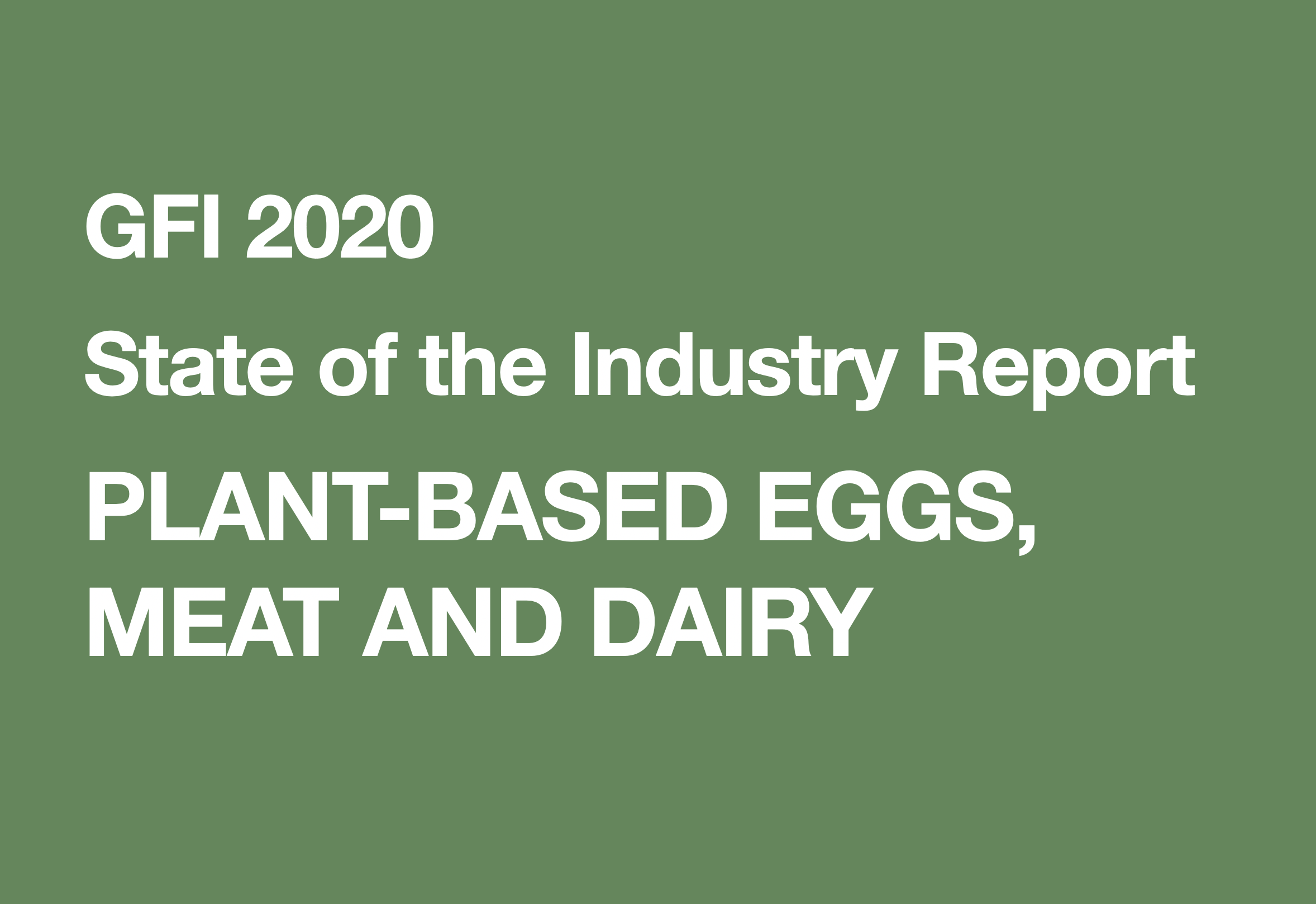
State of the Industry Report: Plant-Based Meat, Eggs and Dairy
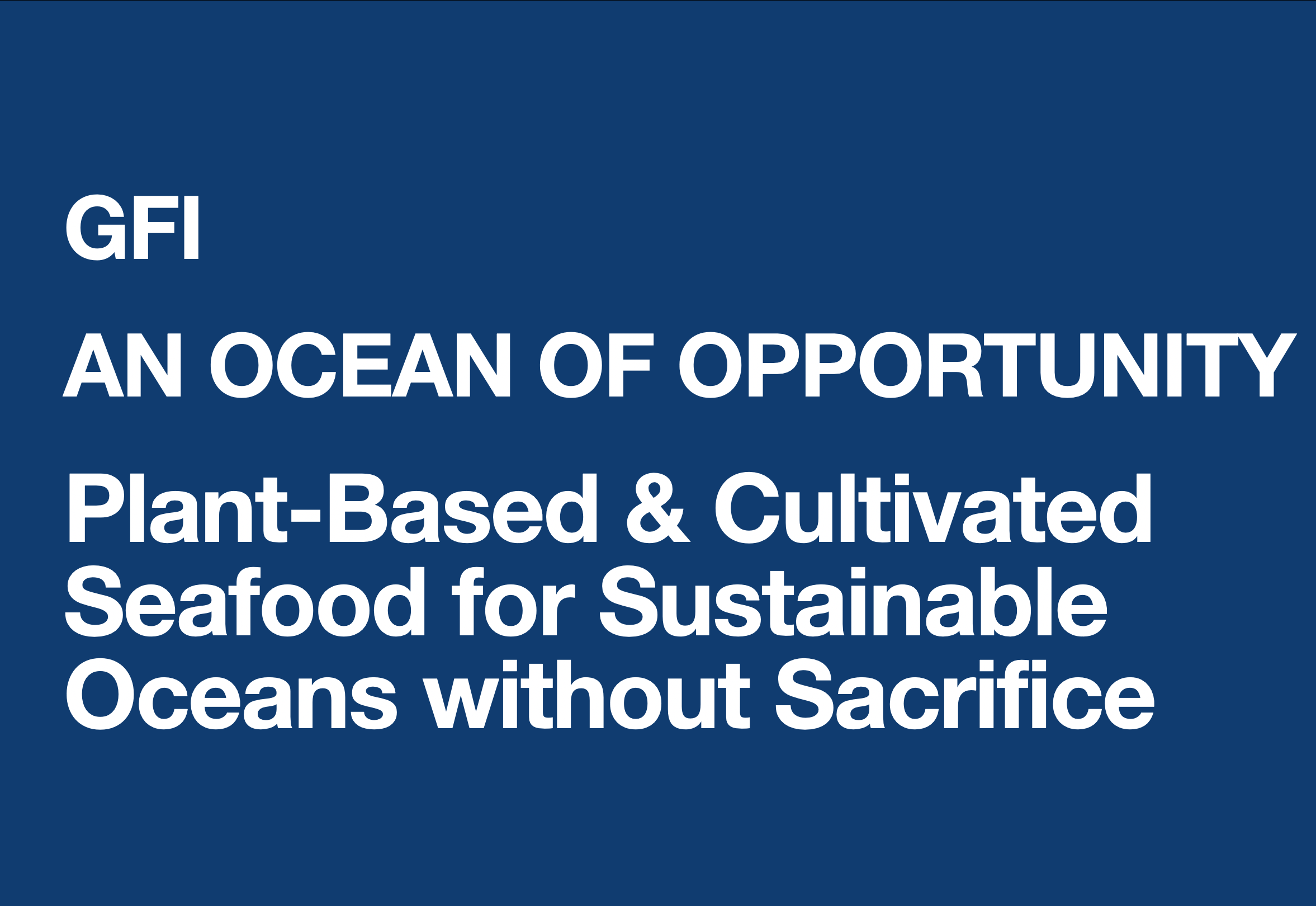
An Ocean of Opportunity

Plant Forward Opportunity 2021

AR6 Climate Change 2021: The Physical Science Basis

Preventing the Next Pandemic: Zoonotic diseases and how to break the chain of transmission

Not Zero
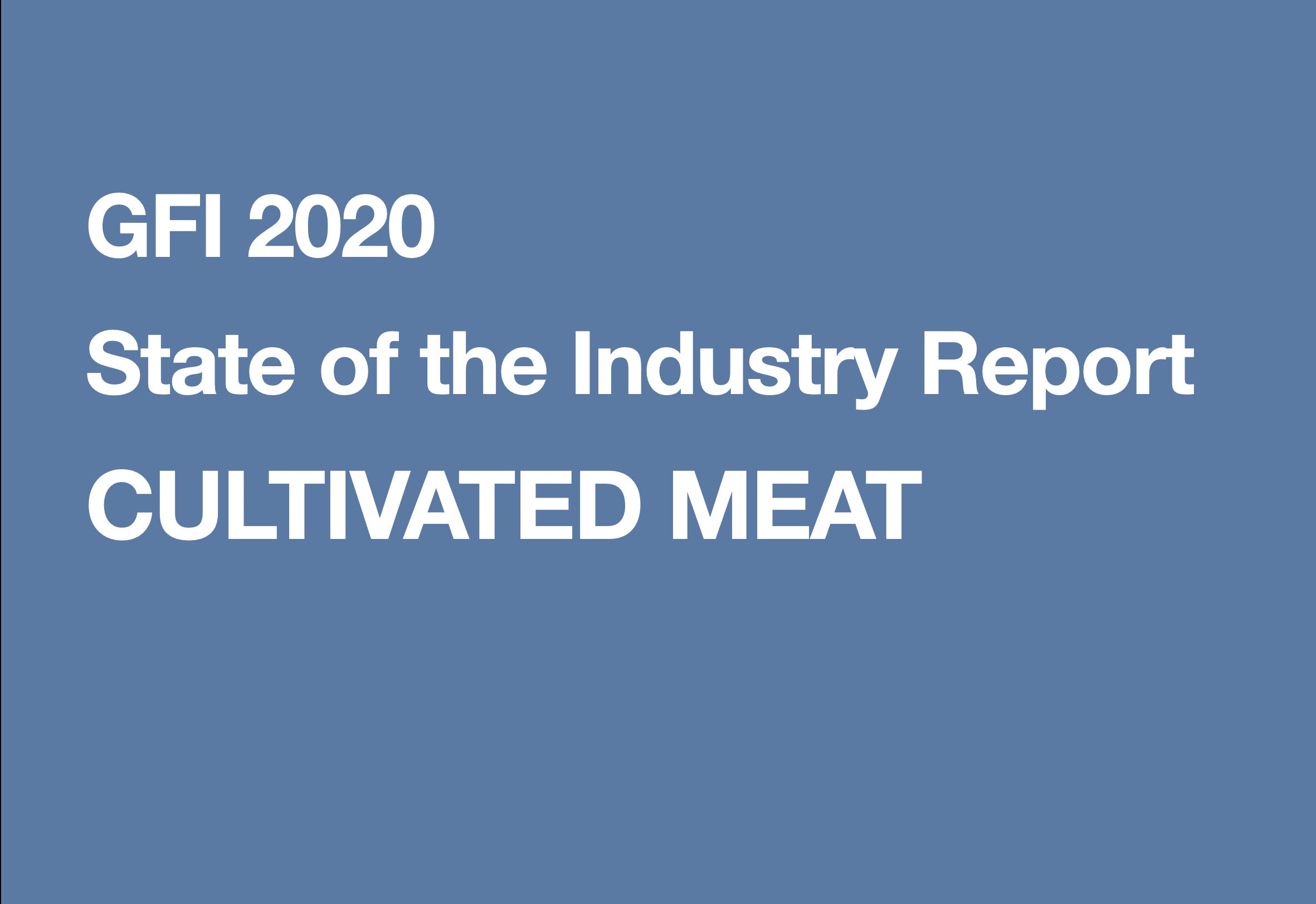
State of the Industry Report: Cultivated Meat
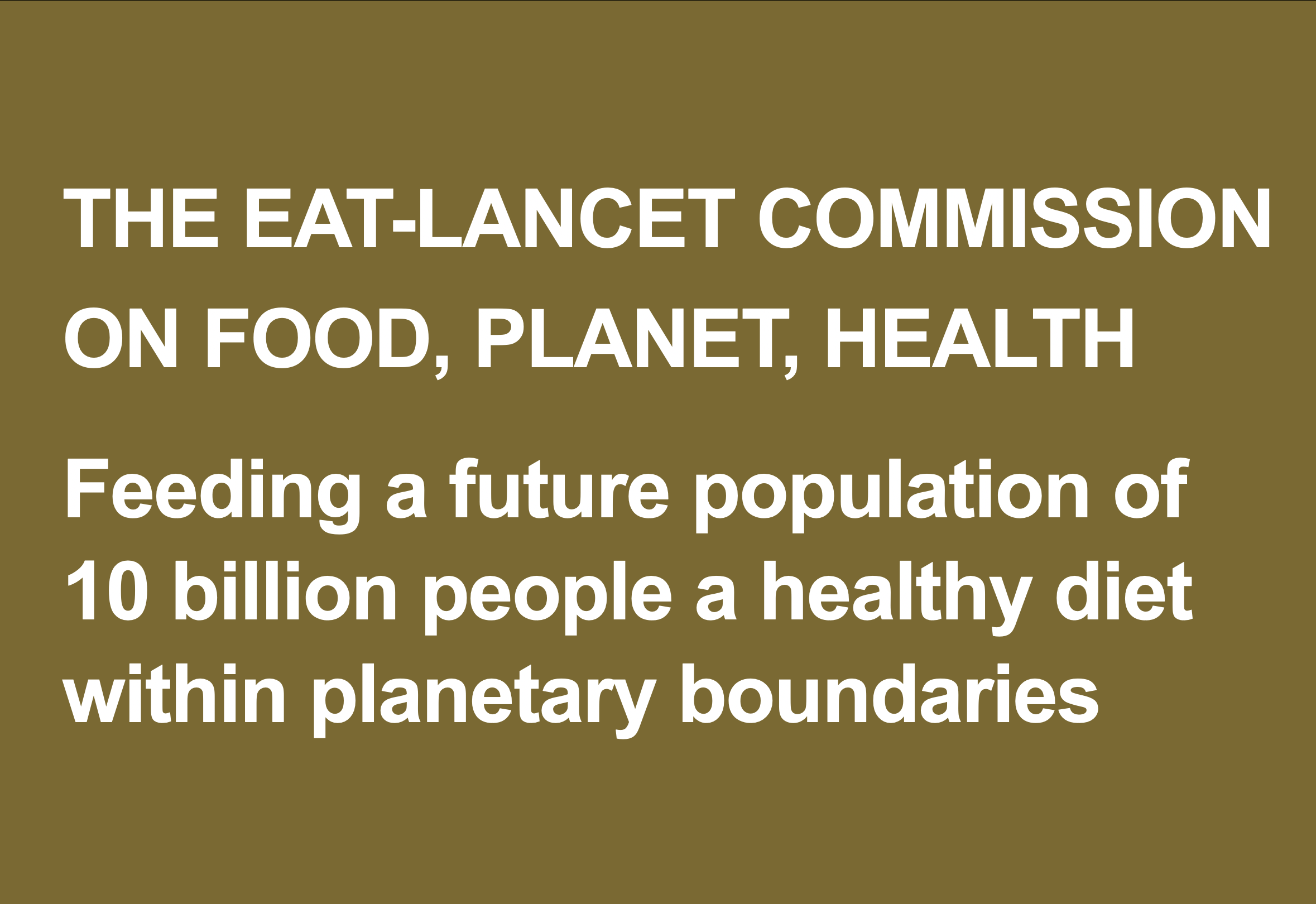
The EAT-Lancet Commission on Food, Planet, Health feeding a future population of 10 billion
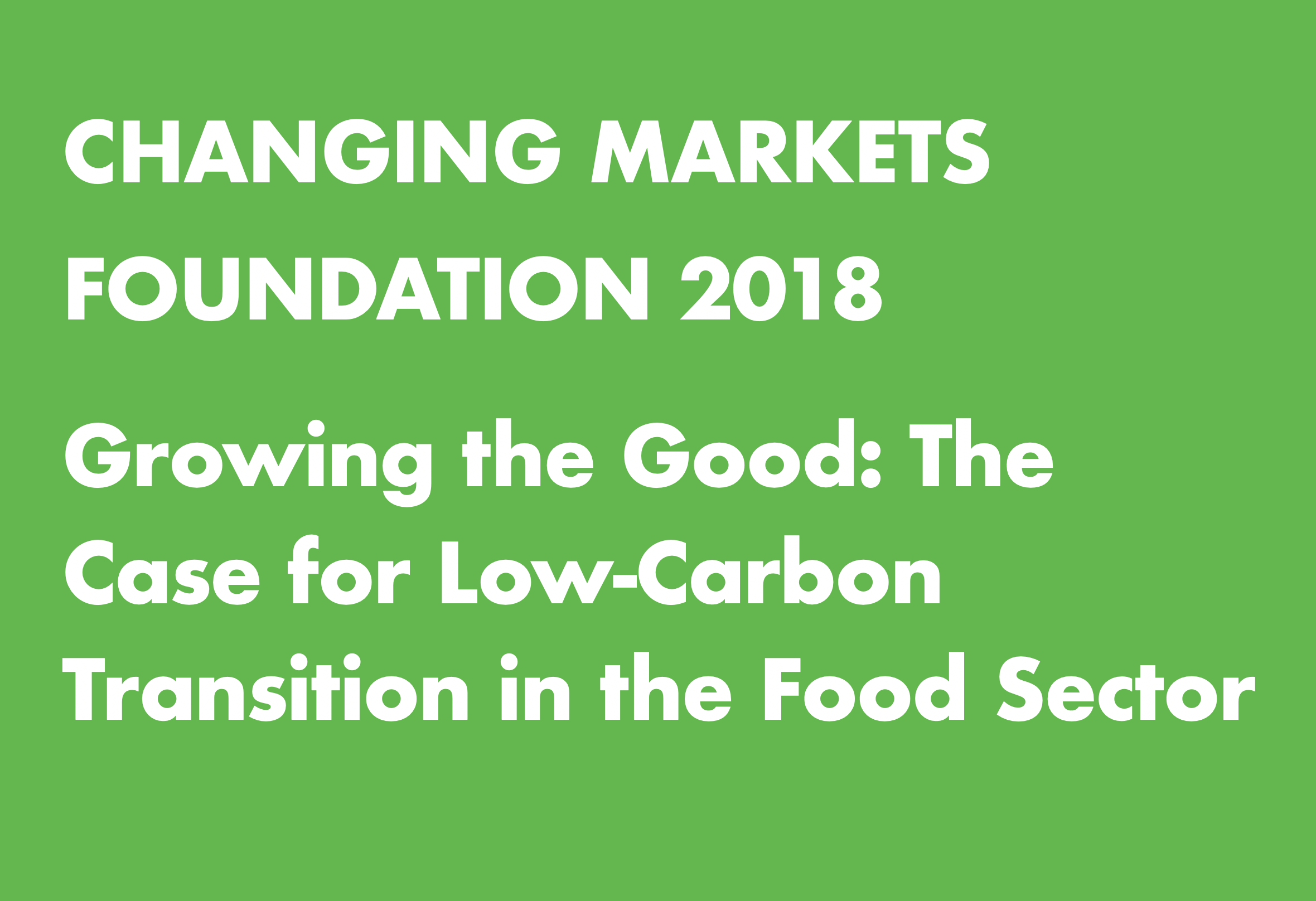
Growing the Good Report, The Case for Low-Carbon Transition in the Food Sector
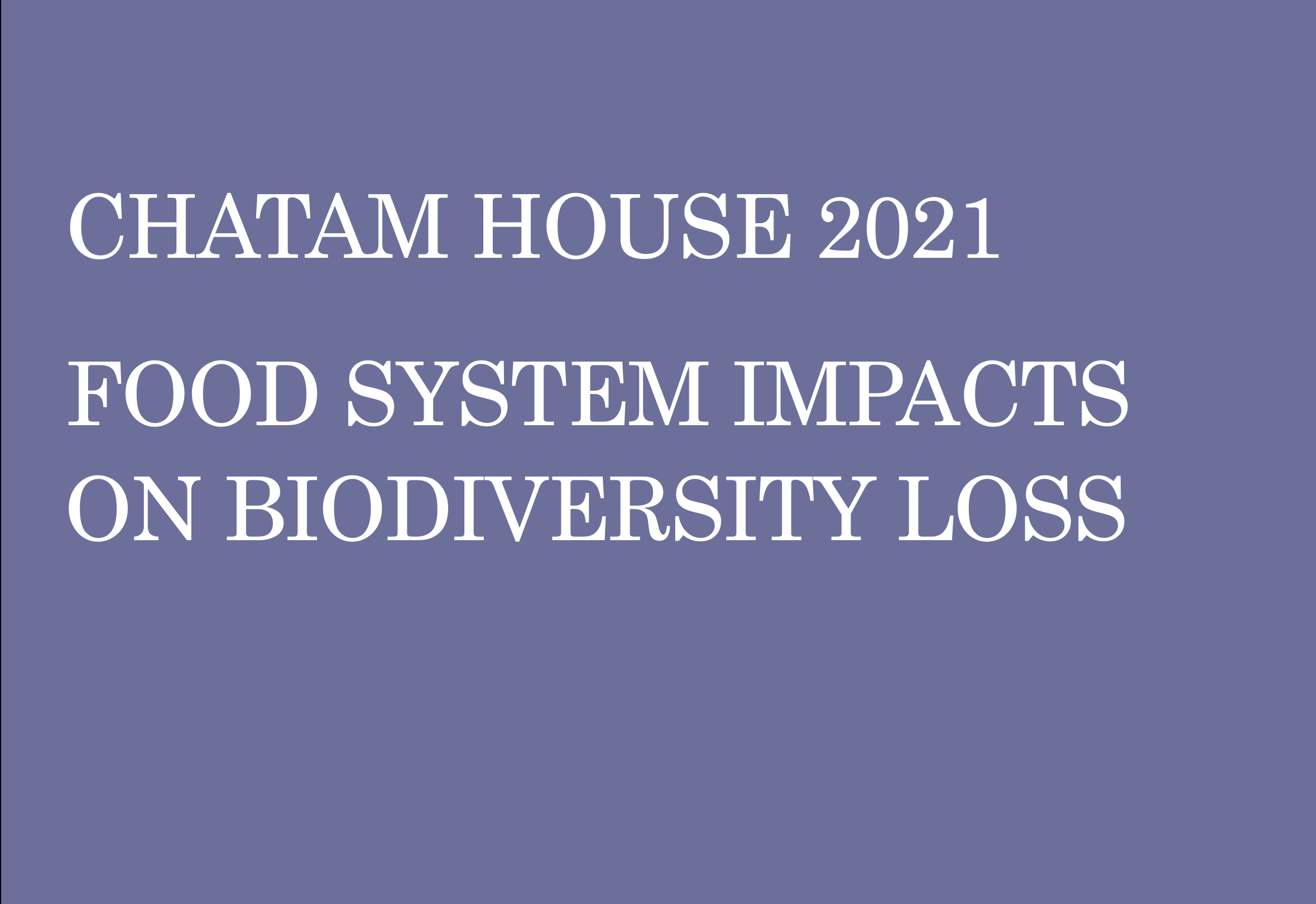
Food System Impacts on Biodiversity Loss

The Great Protein Shake-Up?
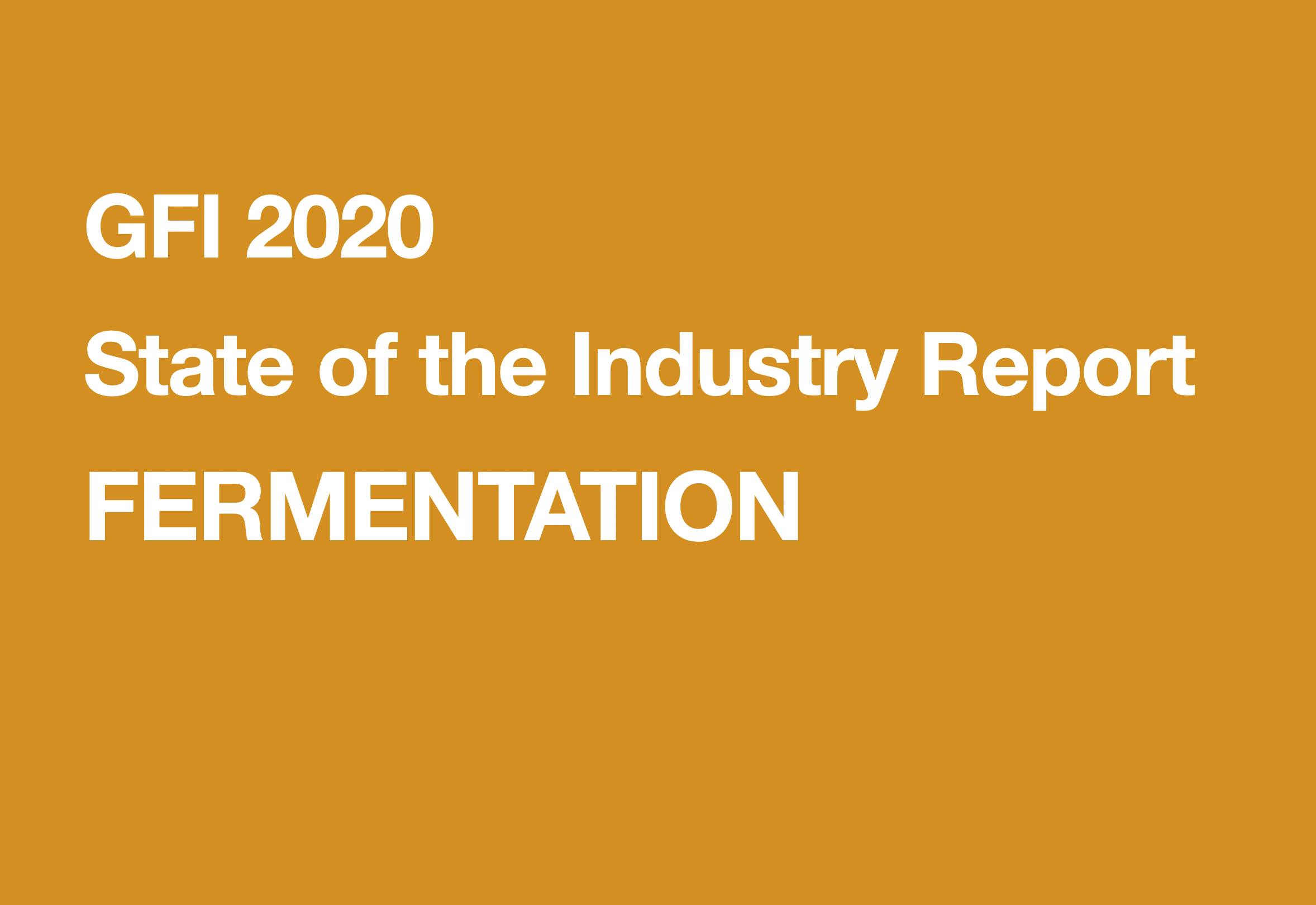
State of the Industry Report: Fermentation

Food in the Anthropocene: the EAT–Lancet Commission on healthy diets from sustainable food systems

Livestock’s Long Shadow
So grab a cup of (shade-grown, bird-friendly, fair-trade, ethically produced) coffee and stay a while — here you can learn more about plant-based proteins and the entrepreneurs dedicated to launching sustainable food businesses.
Finding an intersection between environmental impact, human health, and animal stewardship, alternative proteins and plant-based substitutes for meat, seafood, and dairy are having a major impact on a shifting dietary revolution.
At the center of the food industry transformation are plant-based foods which have gone from tofu and tempeh to include a wide array of 20,000 species of edible plants grown around the world. Plant-based meat products saw 75% growth in 2020 alone with 57% of all US households purchasing plant-based products.
Beyond the traditional fermentation used in familiar foods, like yogurt and sauerkraut, biomass or microbial fermentation is constructing the next level of alternative and complementary food products singularly and in conjunction with other alternative protein products. Using synthetic biology, or precision fermentation, microorganisms are able to produce substances that mimic elements produced by animals, such as cheese and even human breast milk.
A quickly expanding industry is taking shape in the food sector using cellular agriculture and cell-based technology. Safely harvested cells from plants, animals, and fish are being cultivated to produce food that is healthy and sustainable and could provide answers to the challenges of feeding the world’s growing population.
